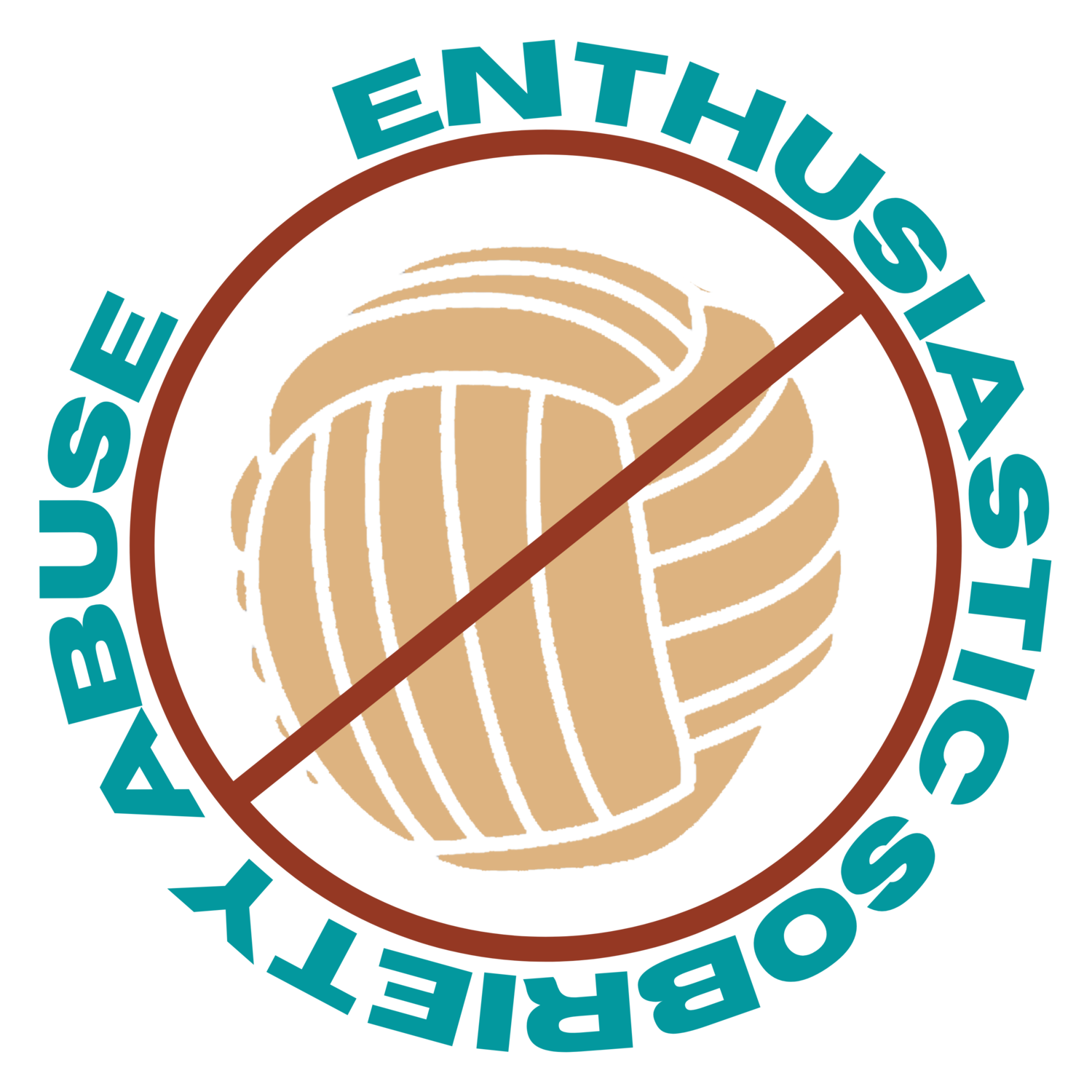Enthusiastic Sobriety Enablers
Although they’re often seen as lone predators - charismatic cult leaders, strict authoritarians - manipulative spiritual leaders cannot function without enablers. Enablers are those who support abusive leaders by excusing their behavior, legitimizing or normalizing abuse, and/or abusing others to preserve a leader’s power.
Enablers cause harm in abuse fallout. Common behaviors include keeping up appearances, assuring that conditions are normal or no harm has been done, aiding in character assassination and distrust of people who have chosen to leave The Group or speak out about abuse.
Enablers, while often victims of the same abuses as other group members, may receive more rapid cycles of love bombing and shame/punishment, be given increased power and social standing from their enabling, or derive their sense of identity from being able to handle such a temperamental or difficult group.
Enablers play a unique role in community, as they both receive and perpetuate abuse. When an enabler leaves an abusive group, they must often go through a difficult, two-fold process: first, addressing the ways in which they were abused by the leader or group, then coming to terms with the harm they perpetuated.
How to spot an Enthusiastic Sobriety Enabler
Victim Blaming: Are those who have come forward with their own abuse stories being blamed in some way for causing the abuse? Told they are volunteering for the hurt they feel or the abuse they received? That they should “get over it” and that they are stuck in “victim mentality.”
Character Assassination: Similar to victim-blaming, character assassination portrays survivors as being fundamentally flawed. Is someone being labeled as untrustworthy, a person who relapsed, overly negative, or insane, simply because they’ve spoken out about dysfunction? Or as spiritually sick because they’ve deviated from the group? Members who have left are inferior to current members.
Making Excuses for The Group: Painting abuse as a side effect of genius. Enablers will refer to Bob Meehan’s gift of sobering up teens and explain that it is the power of his practice of unorthodox methods that really work, or that his particular racism or homophobia is excusable or doesn’t effect the program.
Love Bombing: One of the core elements of control and manipulation, long-term abuse is not possible without demonstrations of affection, even love, meant to influence or sway the abused. Enablers may try to disguise their abuses by saying their actions or words are “coming from a place of love” and you should not take offense.
Gaslighting: A tried and true method of perpetuating abuse, gaslighting undermines a victim’s account by making them doubt their own experience, i.e., “that’s never happened before,” “you just sound resentful,” “you could have left if you didn’t like it,” “It was just a joke,” “You’re being overly sensitive,” “You’re stuck in victim mentality.”
Dismissive Apologies: Using some apologetic language without taking accountability, acknowledging that actual harm was done, or actually apologizing, i.e., “I regret that in the end some people felt like they did not have a good experience,” “I’m sorry that people feel they were hurt by The Group,” “I’m sorry you were offended,” etc.
Group-splaning: Using variations on Group teachings to help an abuser avoid accountability, i.e. no victims - only volunteers, coming out of love, pushing you to grow, telling people that Bob Meehan is the father of drug abuse and his methods are the only proven way to work on teens.
Eliciting Sympathy (for themselves or for The Group): Shifting the conversation to what a burden it is for the enabler to manage, be in a relationship with, or work closely with the leader, or how hard this event has been on The Group.
Control of Information: Making it seem dangerous, unnecessary, or unacceptable to hear multiple perspectives about an event or situation. Enablers my subtly discourage you from speaking with victims or past group members about their experience or even discourage you from researching the history of Enthusiastic Sobriety. Enablers have also worked to hide community conversations about abuse in accord with the wishes of the Staff and Directors.
Citing Their Own Experience to Dismiss Abuse: To promote the image of a harm-free Enthusiastic Sobriety Program, some enablers refute abuse claims (“That has not been my experience”) - even when they have, indeed, been abused by The Group and even if many others have witnessed it. If you encounter a group member, staff or parent using themselves as an example to minimize abuse, do some research. Is it true? Or is it an act of loyalty to Bob Meehan and The Program?
“With cult dynamics, the main principle is that nobody abuses alone.”
- Matthew Remski
Information and Inspiration from Leaving Dharma Ocean.

